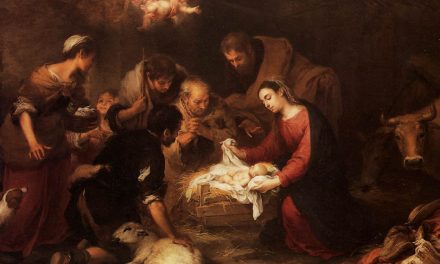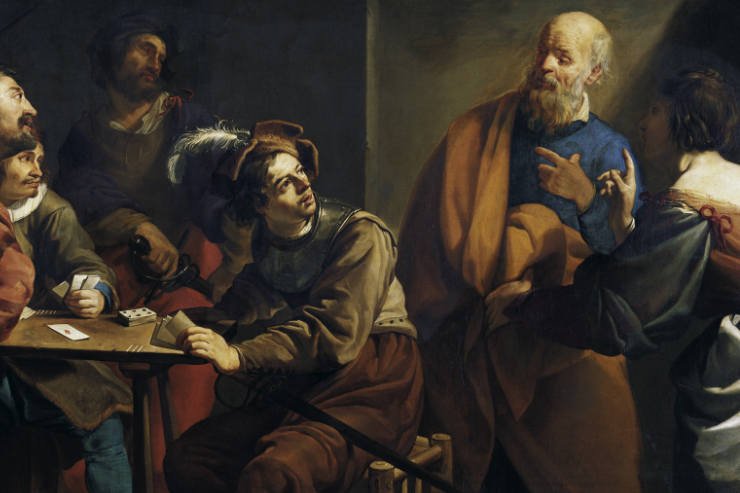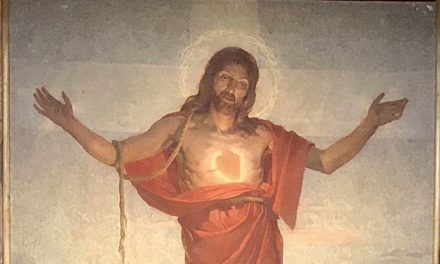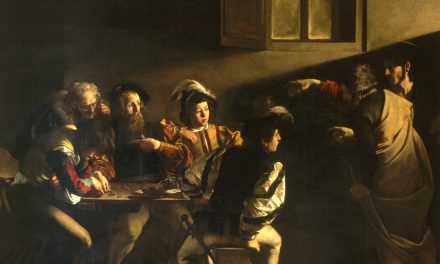
Photo by Pawan Sharma on Unsplash
“We may be foolish sheep. We may be disobedient children. But God still calls us His own.”
You may perhaps live in a non-agrarian community, far from harvesting and fields of animals. The image of the shepherd which we find in this weekend’s Gospel might not resonate with you as deeply as other images of God. But when we delve into the Gospel, we find a comforting reminder of a faithful God.
The image of shepherd would not have been new to Jesus’ Jewish audience. The prophet Ezekiel issues a strong rebuke against the “shepherds” of Israel, the leaders who have led the people astray. The image of shepherd is evoked to condemn the leaders for not doing their job; they did not feed the people, lead the people, or bring back the straying. Because the leaders did not shepherd, their flock was scattered and attacked by wild beasts. After the condemnation of the bad shepherds, the Lord promises that He Himself will shepherd the people (Ezekiel 34).
This is had also been prophesized by Jeremiah, through whom God warned the leadership of the Chosen People, “Woe to the shepherds who destroy and scatter the flock of my pasture… You have scattered my sheep and driven them away. You have not cared for them, but I will take care to punish your evil deeds” (Jeremiah 23:1-2). What follows is a Messianic prophecy, that a “righteous branch” would be raised from the house of David to bring back the sheep who had strayed.
All of this is the background for Jesus’ message in John 10. With these Old Testament condemnations and prophecies in mind, the juxtaposition between incompetent or evil leaders and Jesus is clear. He has come to feed the sheep. Jesus has come to bind up wounds and heal the sick. He has come to seek the lost. This Good Shepherd has come to search out the strays. Jesus makes it clear that it is not just a matter of gathering the lost tribes of Israel back into the family of God, but also seeking out individual souls who may stray through sin and weakness.
And the sheep will stray. While sheep are not as dumb as traditionally believed, it’s also not exactly a flattering comparison, if we’re going to be honest. While sheep might be loyal and are said to recognize faces of both other sheep and humans for years, they still need a lot of protection. They do well in flocks but not so well on their own. They need each other and they need shepherds.
We are sheep who need protection and correction. Our stupidity, weakness, and sin has come with a price – the death of the Shepherd. In the deeply poignant Suffering Servant prophecy, Isaiah reminds us, “We had all gone astray like sheep, all following our own way” (Isaiah 53:6).
The Shepherd knows this. And he laid down his life for us. He knows we have strayed and will stray. He knows the cost of our sins. And he loves us anyway. He searches in the valleys and in the mountains for us. Nothing is beyond the love of the Shepherd. No place is too far for Him to search.
The second reading reminds us, “See what love the Father has bestowed on us that we may be called the children of God. Yet so we are” (1 Jn 3:1). We may be foolish sheep. We may be disobedient children. But God still calls us His own.
The Good Shepherd will not leave his flock like a hired hand would. He is willing to come find us when we stray. The Good Shepherd has given everything for us.
That’s His promise. And He is faithful.
Please help spread the Gospel! Share this article on Facebook and other social media.

Please help us continue our mission!
We welcome both one-time and monthly donations. A monthly subscriber giving just $10 a month will help cover the cost of operating Integrated Catholic Life for one day! Please help us bring enriching and inspiring Catholic content to readers around the world by giving today.
Thank you and may God Bless you for supporting the work of Integrated Catholic Life! Integrated Catholic Life Inc is a nonprofit public charity under Internal Revenue Code Section 501(c)(3). These contributions are tax-deductible as provided under U.S. tax laws.













